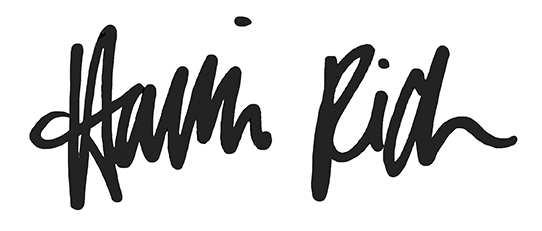Inspired by Community | Editorial
After a year spent enduring book challenges and politically charged barbs, no one can blame the profession for entering 2024 shell-shocked and exhausted. Yet, in the face of this trauma, we still find librarians and library workers who are resolute in their commitment to library values. Tired, yes, but smart about the ways in which they can provide important library service within the political context of their unique community and situation.
 How can we help libraries lead in the New Year?
How can we help libraries lead in the New Year?
After a year spent enduring book challenges and politically charged barbs, no one can blame the profession for entering 2024 shell-shocked and exhausted.
Book bans and censorship have expanded to reach all types of libraries, from K–12 school libraries forced to withdraw titles to public libraries fielding massive material challenges to academic libraries navigating waves of legislation over the teaching of “divisive concepts” at higher ed institutions. We’ve even seen rhetoric ratcheting up in ways that create real danger, resulting in bomb threats and personal attacks labeling librarians as “pedophiles” and “groomers.”
Yet, in the face of this trauma, we still find librarians and library workers who are resolute in their commitment to library values. Tired, yes, but smart about the ways in which they can provide important library service within the political context of their unique community and situation. It’s critical that each of us recognize this diversity within our own library community. We need those working in deeply conservative areas or those who can’t safely speak at school board meetings to find their own quiet ways of supporting inclusive and relevant services—just as we need advocates promoting book sanctuaries, writing op-eds, and running for library boards.
Library Journal’s Librarian of the Year, Lisa Varga, exemplifies the kind of community-building leader we need in this moment. She’s a natural storyteller whose sharp wit underscores the absurdity of claims made against books and libraries—it’s hard to take anyone seriously when they incorrectly name “Barnes and Nobel” in a lawsuit, she jokes—yet in her humor, humanity shines through. Lisa creatively communicates in ways that resonate with audiences from state legislators to parents who just want to understand what all this book banning business is about. She’s an inspiration because she does what great librarians do so naturally—she understands the community.
It’s this spirit of community that we’re leaning into at LJ as we enter 2024. Our editorial plan is ambitious and informed by conversations we have with you, our community of readers.
Over the next year, you can expect more coverage on censorship and resources to address material challenges and damaging legislation while focusing on ways we might shift the narrative. We’ll dig into technological advancements that continue to transform the profession—everything from trends in reader behavior and digital content to an ongoing conversation on artificial intelligence, which LJ Senior Technology Editor Matt Enis lays out in this issue. In this presidential election year, we’ll pay special attention to the ways libraries defend democracy, as well as those libraries that are on the ballot.
One of LJ’s responsibilities is to put broader social trends into context for the profession. How do libraries as social infrastructure play a role in public health? What more can we do to accelerate DEI commitments within our own organizations and across the communities we serve? Libraries, as well as our vendors and partners, aren’t immune to the effects of climate change or our nation’s childcare crisis—so let’s talk about what it all means for us.
LJ has always endeavored to be more than a utilitarian resource for the profession. I was reminded of that recently when I visited the Book of HOV exhibit at Brooklyn Public Library and was moved in a way I did not expect. The exhibit celebrated not just the success of musician, entrepreneur, and philanthropist Shawn Carter, but it conveyed a broader sense of aspiration and possibility for the local community. I want LJ to evoke that same feeling of inspiration for our library community.
The conversations we create at LJ should reflect our shared interests and needs, just like any great library. So, please keep the dialogue going in the New Year. Thanks for reading, and—even more important—thanks for all that you do.
With gratitude,


RELATED
ALREADY A SUBSCRIBER? LOG IN
We are currently offering this content for free. Sign up now to activate your personal profile, where you can save articles for future viewing









Add Comment :-
Comment Policy:
Comment should not be empty !!!